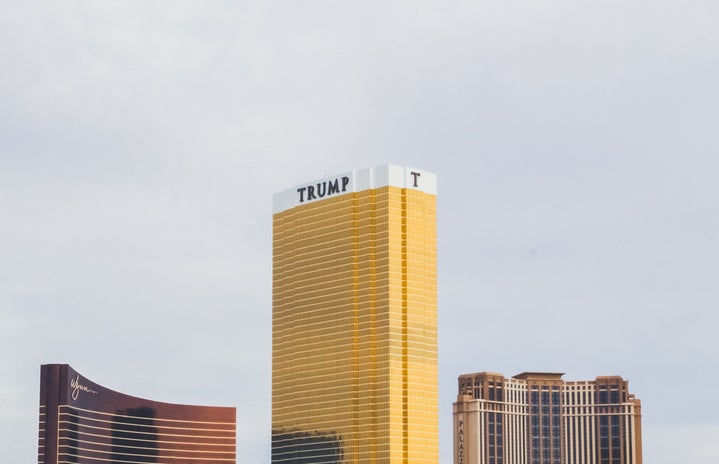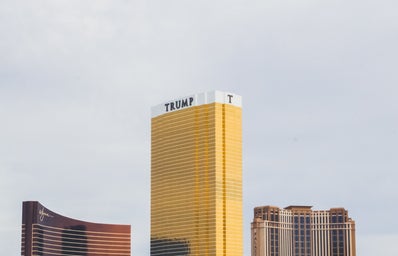The opinions expressed in this article are the author’s own and do not reflect the views of Her Campus.
The cringeworthy headline flashed on the screen. As I begrudgingly read “14 killed in San Bernardino shooting,” I couldn’t help but pray to myself over and over again, “Please don’t let the shooter be Muslim.”
They were.
I came to painfully expect the subsequent days, filled with mosques receiving threats and being vandalized. In 2015, I have received text messages from my friends asking if my mosque is okay, and telling me they are grateful I don’t wear a hijab because that would make me an easily identifiable target. As a second-generation Muslim-American woman growing up in this age of radicalism and xenophobia, I am constantly torn between proudly standing up for my beliefs out of love, and quietly assimilating out of fear.
When 9/11 happened, I was a 6-year-old girl living in a small town in Indiana, and I lacked the ability to comprehend why my first grade teacher pulled me aside that day and told me, “Hannah, I want you to tell me if any kids are mean to you, okay?” I didn’t understand why people would hold prejudice toward me because the perpetrators of the attack claimed to share the same religion as me. To this day, I still don’t understand why.
As Islamaphobia in this country becomes more widespread, and radical notions such as Trump’s proposals to force Muslims to carry ID badges and to bar all Muslim entry into the United States gain popularity, it’s hard to keep the same sense of nationalism that has been instilled in us American children since grade school. Muslim-Americans like myself are having a hard time coming to terms with the fact that same country that raised us is now the one that wants us to wear a glaring red sign on our foreheads that claims, “I am not a terrorist”—As though it is something we need to verify in order to peacefully exist.
As a Muslim woman in America I feel as though I am always under pressure to validate my religion to others, as if it cannot stand alone on its own two feet. I often feel the desire to attach a clause at the end of the answer when asked, “Are you Muslim?” The statement, “Yes—but not that kind of Muslim” has nearly slipped off my lips time and time again. I’m ashamed of feeling the increasing need prove to the world that I am not the oppressed, submissive uninformed foreigner that society wants to paint me as.
The media has no issue portraying Muslim women as hypersexualized, fetishized, erotic figures, or oppressed, submissive women clouded by our naivety. But for some reason our society struggles to see Muslim women as feminists, thinkers and innovators. They want to save us from the prison bars they believe we live behind, when in reality most of us don’t need saving. We don’t need politicians to use us as pawns in political agendas under the facade of a moral crusade, reducing us to nothing more than a stereotype rather than living, breathing Muslim-Americans.
I refuse to be labeled by my faith and culture for the comfort of others. While I proudly wear the hyphenated label Muslim-American or Pakistani-American, I do not let it define my life in its entirety. I am more than a hypothetical ID badge that tells the world my faith but not who I am as a person. My religion doesn’t need justification, and I don’t need saving from it—It’s this lack of understanding about Muslims and the non-western world that creates this widespread fear and xenophobia. We’re a religion of over 1.7 billion people—Learn about our cultures, learn about our religion, learn about your neighbors. Learn about the people you work with, attend school with, see out on the everyday streets. Because the inevitable truth is: it’s impossible to hate somebody that you understand.

